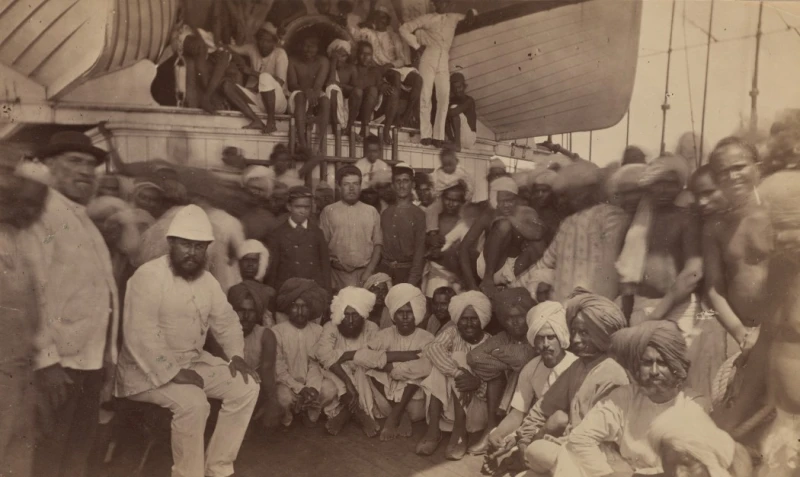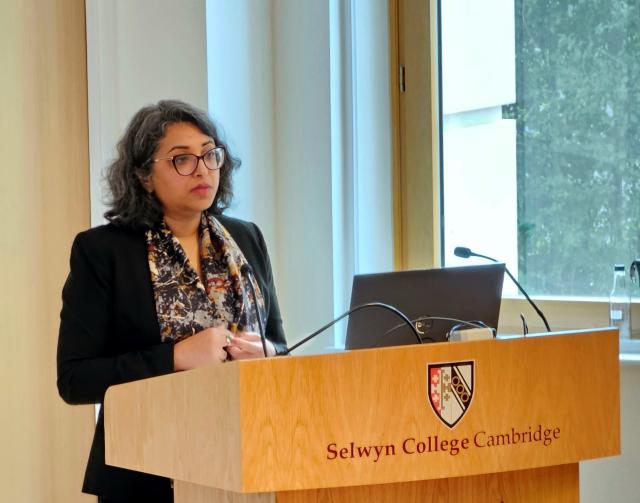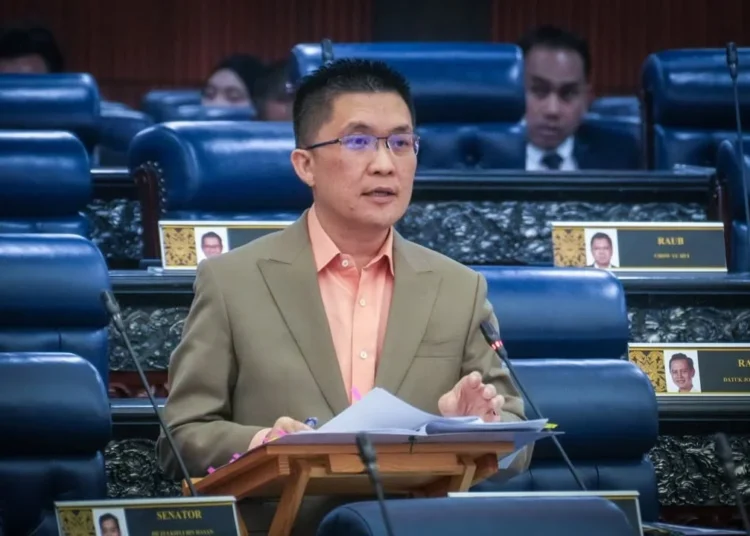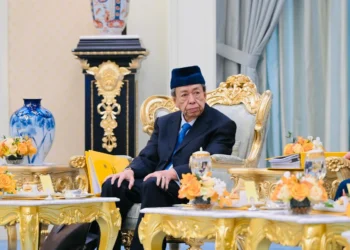“In the beginning it started for me as just a genuine search for who I am; what it meant to be Indian looking, but not Indian as well.”
– Professor Gaiutra Bahadur
The system of indentured labour was introduced by the British Empire after the emancipation of enslaved people across its colonies in 1834. This system saw the semi-forced migration of nearly two million Indian indentured workers to European colonies from 1834 to 1917. Nearly 200 years later, this monumental labour migration and displacement of the most exploited section of Indian society is still a largely under-researched part of history. The distinguished Guyanese-American Professor Gaiutra Bahadur of Selwyn College will be the world’s first ever fellow in Indentureship Study. This programme was enacted after the study of Indentureship was recommended in the Legacies of Enslavement report published by Cambridge University.

Bahadur, who had previously been a Nieman Fellow at Harvard, had been awarded the first Ramesh and Leela Narain visiting bye-fellow in Indentureship Studies. The former associate professor of journalism at Rutgers University in Newark expressed that this fellowship is a great moral and financial support to scholars who are devoted to uncovering the complexity of indentured labour history. Previously, many had to independently finance their research on indentureship, but with this fellowship, new scholars can emerge with more perspectives on the subject.

“Even if there are these world historical forces affecting their intimate lives, there is also a great deal of strength and courage, and I wanted to highlight that.”
– Professor Gaiutra Bahadur on her book Coolie Woman: The Odyssey of Indenture
Bahadur herself had self-financed her research for her successful 2013 book titled Coolie Woman: The Odyssey of Indenture. This was her most seminal work and what drove her to prominence. The book details the history of Bahadur’s own great-grandmother, Sujaria, who in 1903 migrated from India to Guyana to work as an indentured labourer. The narrative brings forth the silenced voices of coolie women who had been exploited mercilessly on the plantations of Guyana. Women labourers made up a third of those who were semi-forced to migrate to the Caribbean, while two-thirds of that population migrated without the presence of a husband. The book was a work that simultaneously spoke of Bahadur’s intimate family history and the global colonial violence of indentured labour.

Bahadur shares that she felt a great sense of purpose in pursuing her research for her first book. She expressed that her family was not entirely understanding of what her work entailed, and after the twelfth rejection from publishers, they had staged an intervention. She expresses that the book has made her vulnerable and public in ways she had never expected, and she has been pleasantly surprised by the welcoming reception the book has received among readers. Bahadur states that she wants to unearth these voices that have been silenced by the tyranny of history written by oppressors. Her work is an act of giving agency to the indentured people, particularly the women, who had previously been reaped of their humanity by imperialism. Her work is one of the many contributions to the history of Indentureship, one that will greatly aid in the honouring of the violence that the forced labourers had faced, as well as forging a path for descendants of this gruesome phenomenon to understand their own identity and place in the world.

Source: Varsity
Follow us on Instagram, Facebook or Telegram for more updates and breaking news.








